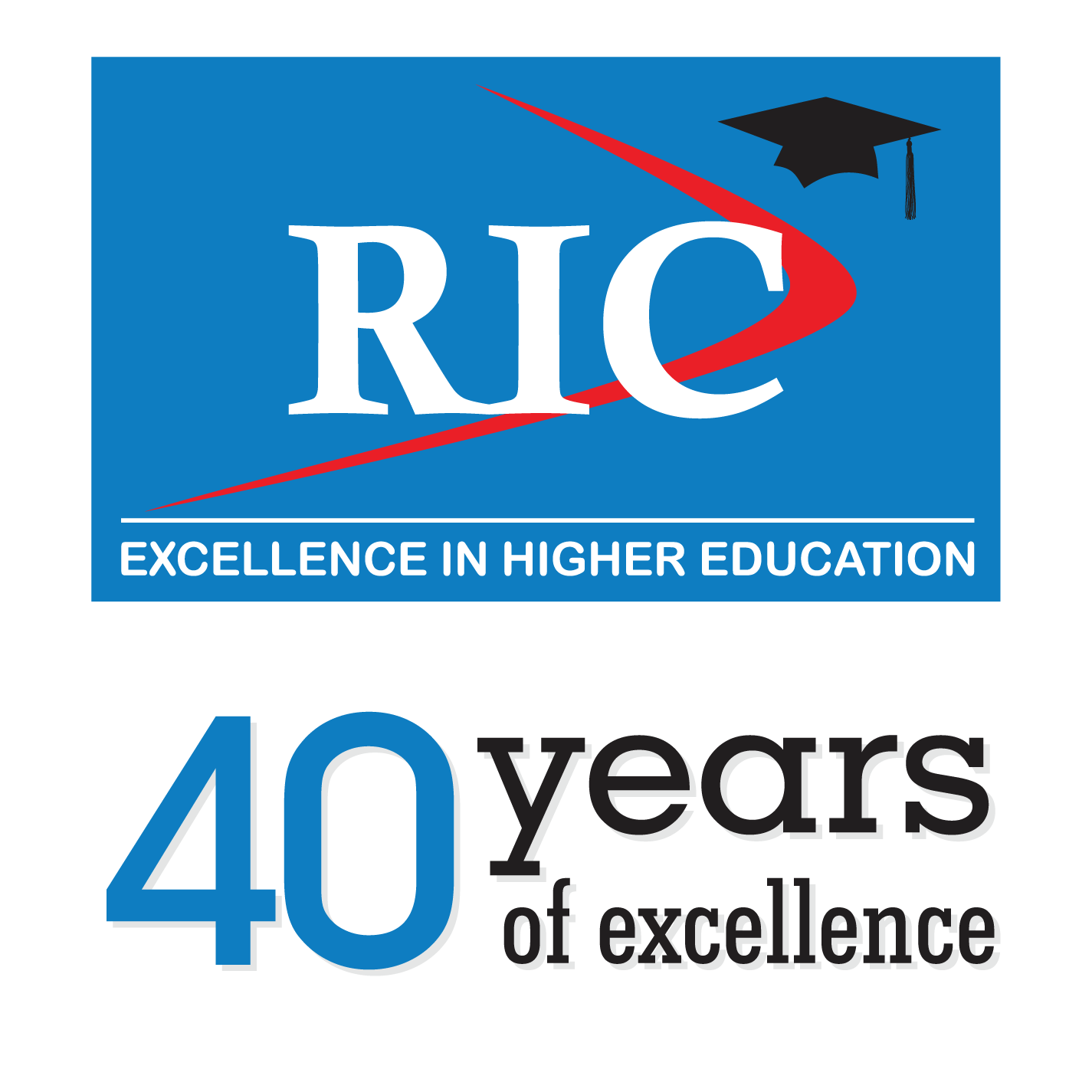Journey through the legal profession
Lawyer, advocate, legal officer are some of the terms used to describe a legal professional. In the United Kingdom, there are two types of lawyers in the form of solicitors and barristers. In Sri Lanka, the legal professionals qualified to practice at the bar are called Attorneys-at-law. Nevertheless, the answer to this question would be an abstract one. The process and vigour of becoming a lawyer is, no doubt a lengthy journey but one that should be cherished and savoured through every step of the way. Chinese philosopher Lao Tzu famously stated that nature does not rush, yet everything is accomplished. I believe that this should be the case even in pursuance of a law degree in Sri Lanka. While it is understood that time is of the essence, if the journey is not utilised to sharpen one’s skills, which are much needed for your career as a legal professional, the time is wasted rather than invested.
Pathways to becoming a lawyer in Sri Lanka
The local university pathway
In Sri Lanka, there are several pathways to becoming a lawyer. One is the local university pathway which is where you are selected on academic merit at the local Advanced Level examinations to attend a state university to pursue an LL.B. degree. Thereafter those graduates attend Sri Lanka Law College (SLLC) in order to train for the bar and subsequently take oaths as an Attorney-at-law at the Supreme Court of Sri Lanka. There is an opportunity to directly attend SLLC of which requires passing the general entrance examination where enrolment is done on academic performance at the said examination.
The private university pathway
One could also attend a private university within the country or overseas which offers an LL.B. degree which has been approved by the Incorporated Council of Legal Education, the regulatory body empowered to make rules, inter-alia, to prescribe the course of studies and examinations to be observed by law students taking the bar examinations at SLLC. Upon completing the LL.B, you are then eligible to enter SLLC. It is important to note that as per the Extraordinary Gazette No. 2208/13 issued on the 20th of December 2020, such foreign LL.B. graduates need to have passed their Ordinary and Advanced Level Examinations at the stipulated standards (set out in the Gazette) and would have to sit a Special Entrance Examination be eligible to sit the bar examinations.
The examinations at SLLC occur in three stages: Preliminary, Intermediate and Final year exams. The curriculum is an extensive and comprehensive spectrum of topics which assists in moulding you in becoming the legal professional you aspire to become one day. For foreign graduates the study period at SLLC takes approximately 2 years inclusive of a mandatory apprenticeship period.
My choice: RIC Pathway in pursuing the Law Degree
I chose to read for the University of London LL.B. through Royal Institute of Colombo (RIC). This provided me with the opportunity to read for a world class llb degree in Sri Lanka which gave me flexibility to study and work simultaneously. RIC itself has an eminent panel of lecturers, some of them who are well renowned academics and legal professionals who make learning interactive and immersive.
Thus, if someone did ask me how long it takes to become a lawyer in Sri Lanka, the answer would be long enough for you to become a matured and all-round individual fit to serve in the legal field. Nonetheless if one does choose the foreign LL.B. pathway, it would be around 5 years considering spending 3 years reading for the LL.B. itself and 2 years more for the bar exams at SLLC.
What it takes to lead a successful law career!
A final disclaimer would be that law school is tough; it requires you to work hard and put in extra effort into reading and writing which in fact are vital skills required for you to succeed in the legal field. The key is to maintain the personality that is unique to you and be fluid like water; to take shape and change according to the vessel but sustain your ethics and transparency.
Randev de Alwis
President
Law Students’ Association of RIC
2020/21
Editorial Staff
Editorial Staff at Royal Institute of Colombo are experts on degree programs in Sri Lanka.

